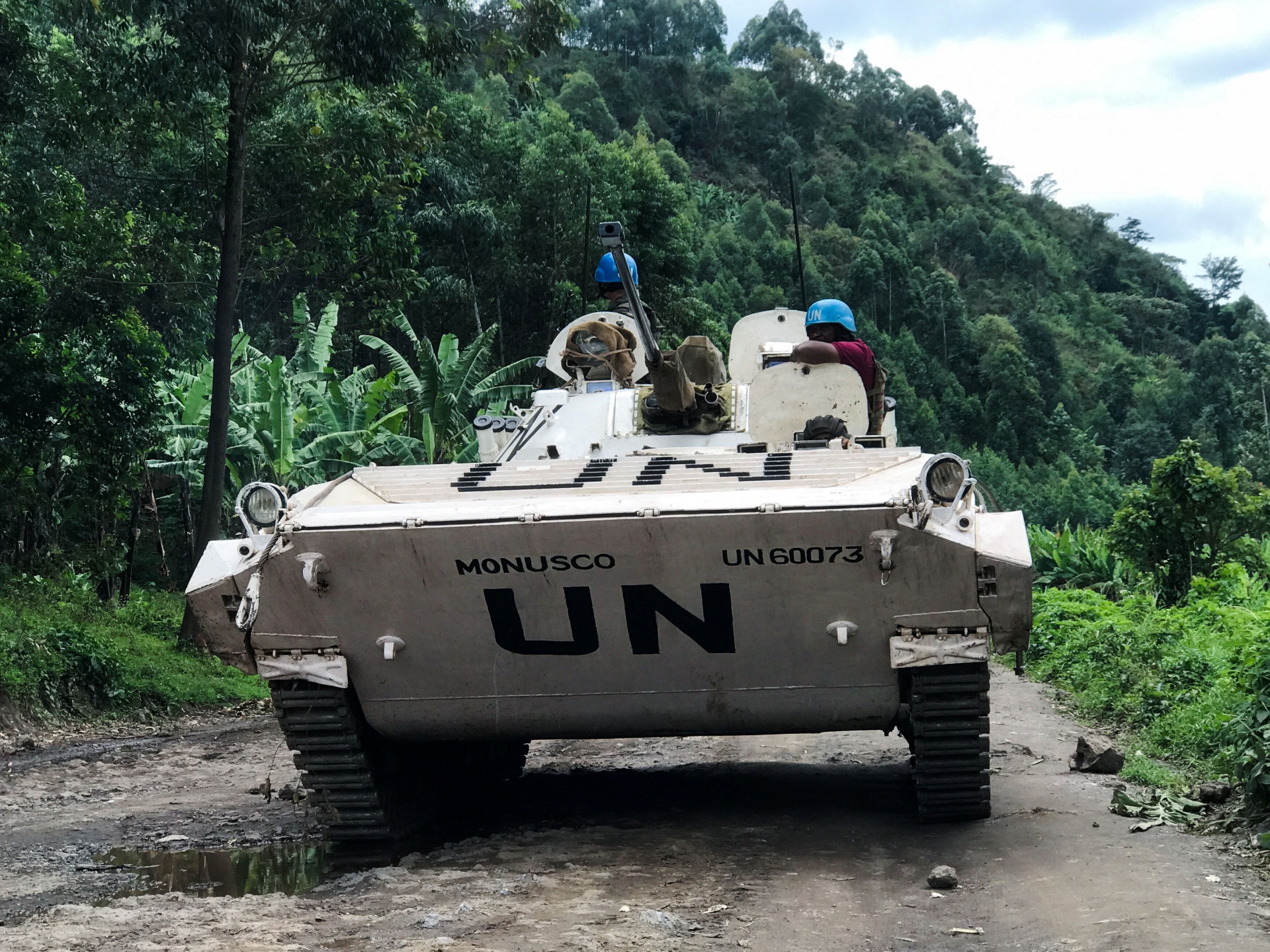Peacekeeping mission condemns ‘appalling act’ as it calls for an immediate end to violence against civilians in the east.
The UN’s peacekeeping mission in the Democratic Republic of the Congo has denounced the killings of 50 villagers allegedly by the M23 armed group in the country’s conflict-wracked east as it called for an investigation to “bring the perpetrators to justice”.
“These allegations, if confirmed, could constitute crimes under international humanitarian law,” the UN mission tweeted on Thursday night, adding that it was “horrified” by the killings, which the DRC military said were a violation of a ceasefire agreed on November 23.
The DRC army on Thursday blamed the M23 rebel group and its allies for what it called a massacre in the eastern town of Kishishe.
Denis Mukwege, the Congolese doctor who won the 2018 Nobel Peace Prize for helping rape victims in the strife-torn region, also expressed his horror at reports of “mass slaughter, missing people and forced recruitment of children” into conflict.
Representatives for the United States and European Union said the killings were potential war crimes while Human Rights Watch said UN troops should be deployed to protect survivors.
‘Baseless’ allegations
The M23 called the allegations “baseless” and denied that it had targeted any civilians.
Last week, the M23, which is believed to be backed by neighbouring Rwanda, agreed to the ceasefire after weeks of fighting led to the displacement of nearly 200,000 people.
However, the armed group which is waging its most serious offensive since 2012, has rejected calls by East African leaders to disarm and withdraw from land it has seized since starting its offensive in October. It said it wants to talk directly with the government in Kinshasa.
Truce agreed after M23 advance
The March 23 movement, or M23, is a predominantly Congolese Tutsi rebel group that was dormant for years.
It took up arms again in November last year and seized the town of Bunagana on the border with Uganda in June.
After a brief period of calm, it went on the offensive again in October, greatly extending the territory under its control and advancing towards Goma, the capital of North Kivu province.
Kinshasa accuses its smaller neighbour Rwanda of providing M23 with support, something that UN and US officials have also pointed to in recent months.
Kigali disputes the charge and accuses Kinshasa of collusion with the FDLR, a former Rwandan Hutu rebel group established in the DRC after the genocide of the Tutsi community in 1994 in Rwanda.
Talks between the two countries in the Angolan capital, Luanda, achieved a truce a little more than a week ago.
The ceasefire was scheduled to take effect on November 25. It should also have been followed two days later by an M23 pullout from territory it had seized, but this did not happen.
